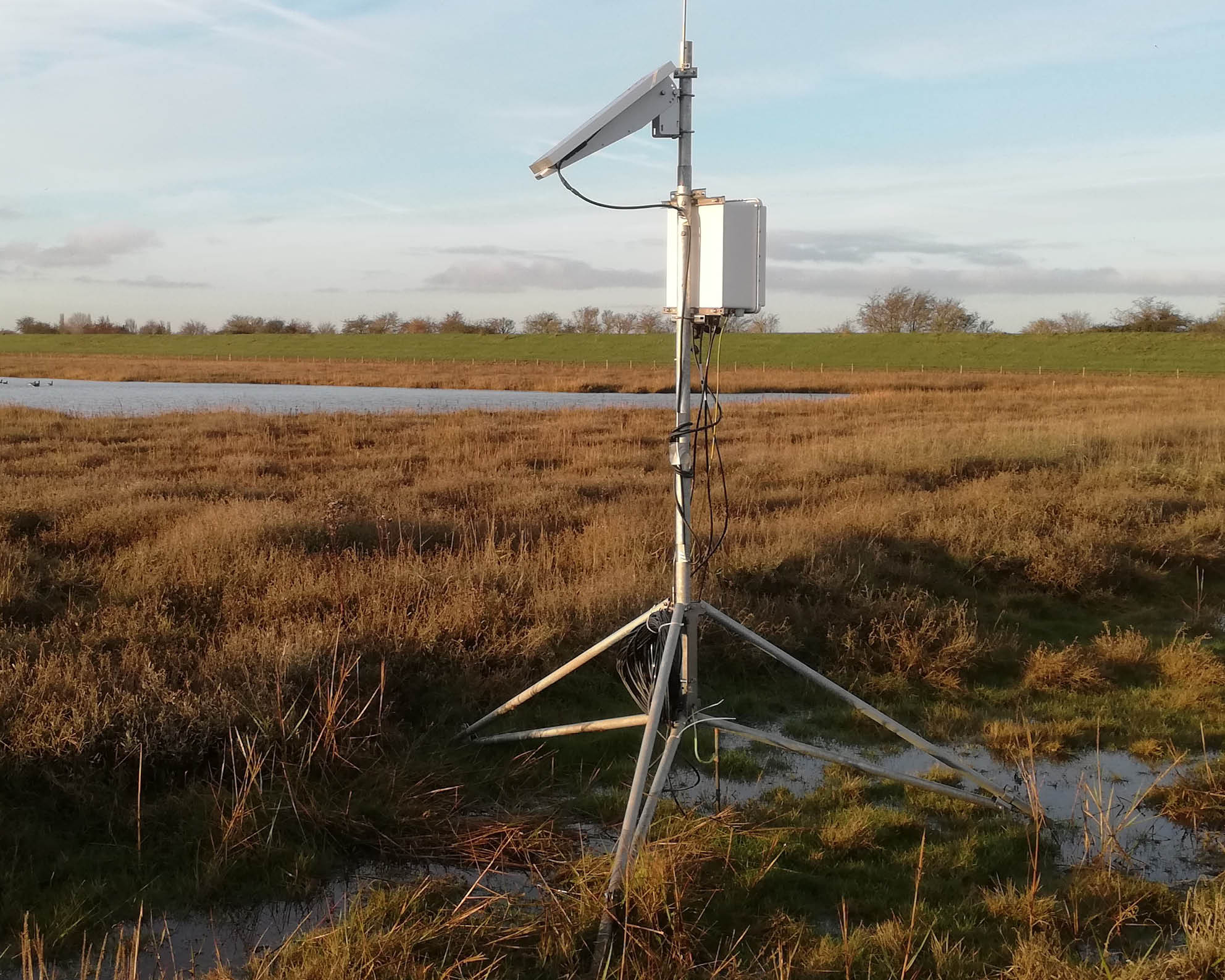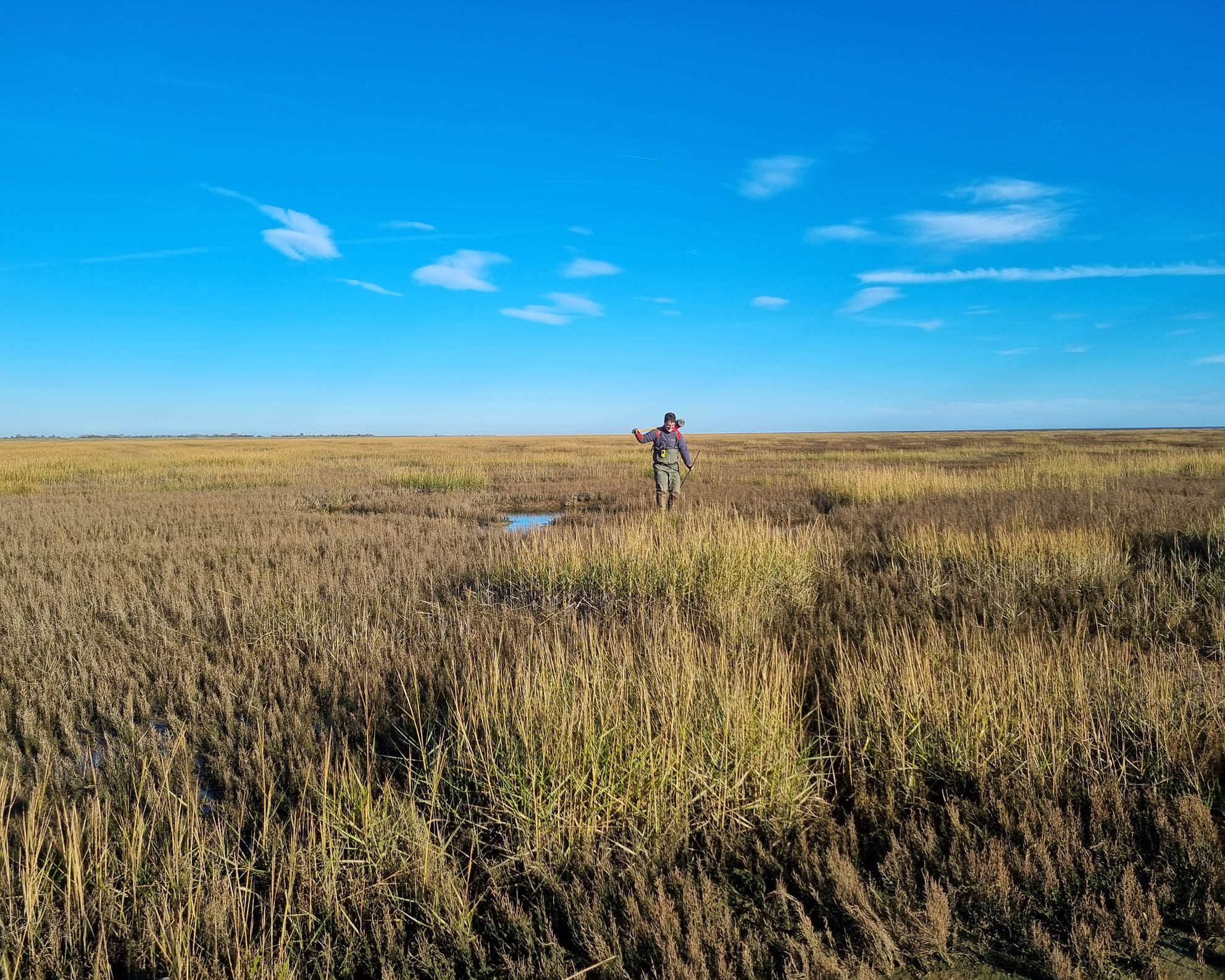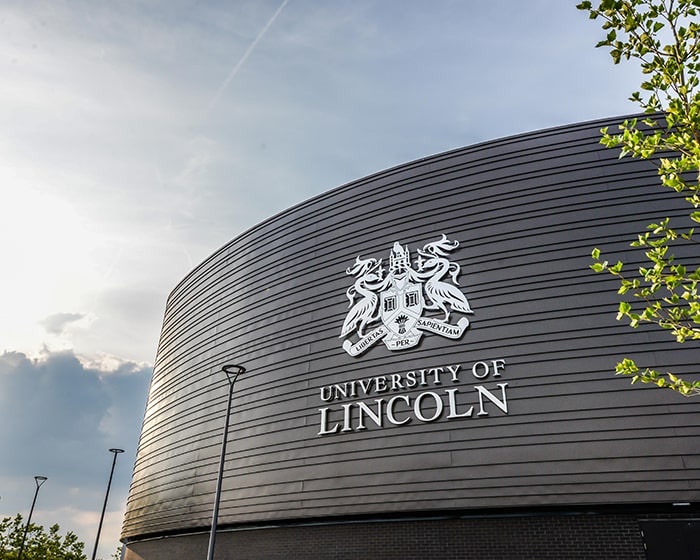/prod01/university-of-lincoln-cdn-pxl/media/responsive2017/collegeofscience/schoolofgeography/research/Untitled-1.jpg )
Catchments and Coasts Research Group
Catchment and Coastal Processes in the Light of Global Change
Catchment and coastal processes affect billions of people across the globe in the most diverse ways, e.g. by providing water resources and natural habitat, by providing suitable grounds for extensive agricultural activity, human settlements and recreational environments, as a host of abundant biodiversity, and as a source of threats from natural disasters such as flooding or erosion. With increasing impacts arising from human activities in river catchments, coastal systems and ongoing climate change, these threats to natural habitats, biodiversity and resident communities are increasingly exacerbated. To gain a more detailed understanding of these impacts, CCRG considers catchments and coasts as interconnected and integrated systems, which are critically important to understand the outcomes of climate change and human impacts (e.g. land-use change) for rivers, catchments and coastal zones.
Hard engineering (i.e. the construction of hard flood protection infrastructure) has traditionally been applied to address flooding and erosion related risks in river catchments and coastal systems. However, the scientific community as well as catchment and coastal managers are increasingly recognizing the urgent need for utilizing natural dynamics to reduce risks from flooding and erosion, thereby enhancing the sustainability of flood and erosion mitigation strategies, restoring natural habitats, increasing biodiversity, enhancing groundwater recharge, and creating additional sinks for atmospheric carbon to support national net-zero carbon target. However, to develop innovative and effective NBS, it is of critical importance to work with (rural) communities to adequately quantify economic impacts of NBS and develop strategies for communities to benefit from the implementation of NBS. In CCRG, we aim to bridge the gap between catchment and coastal managers wanting to implement NBS and resident communities for the successful implementation of these schemes.
Contact Us
College of Health and Science
情色六月天
Brayford Pool Campus
Lincoln
LN6 7TS







